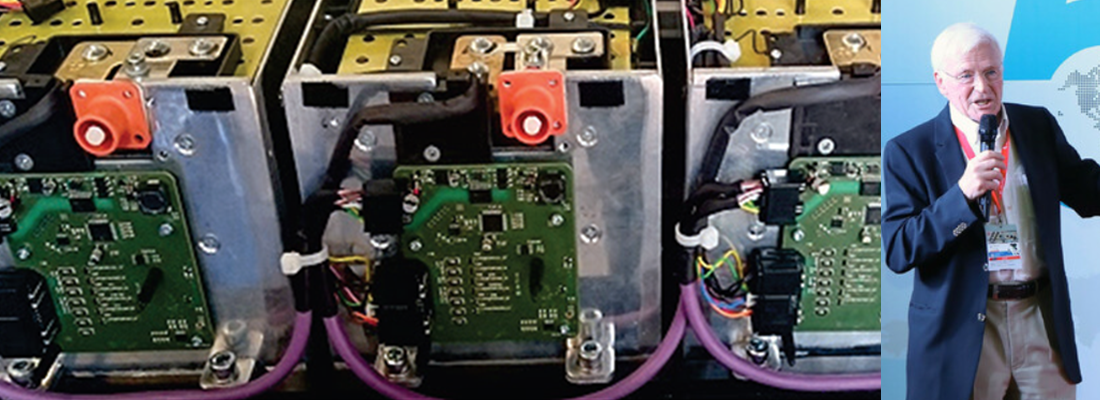Hydrogen can help to remanufacture injectors of diesel engines
Rebuilding and restoring a used diesel injector to original equipment manufacturer (OEM) requirements is known as diesel engine injector remanufacturing. The injector must be disassembled, the parts must be cleaned and inspected, any worHyn or damaged parts must be replaced, and the injector must then be reassembled using new seals and other essential parts. Heavy-duty engines' power and efficiency can be increased in several ways by remanufacturing diesel engine injectors.
Fuel efficiency is increased because remanufactured injectors are set to deliver just the right amount of fuel for efficient combustion, which lowers fuel consumption and boosts overall effectiveness. Remanufactured injectors are designed to distribute gasoline with a higher force and better accuracy, which can boost power output and improve acceleration. For what concerns reduced emissions, when injectors are operating effectively, noxious pollutants like nitrogen oxides (NOx) and particulate matter (PM) are less likely to be released into the atmosphere, improving air quality and helping to comply with regulations. Remanufactured injectors can offer the same level of performance and dependability as new ones while often costing less than new ones. Overall, remanufacturing diesel engine injectors is a good technique to increase the strength and effectiveness of heavy-duty engines while lowering costs and having less negative impact on the environment. Anybody wishing to maximize the performance of their diesel engine while reducing their environmental impact should consider it.
An aid by hydrogen to clean the injectors
In recent years, hydrogen helped remanufacturers clean the injectors. Performance, emissions, and fuel efficiency are all demonstrable effects of engine carbon deposits. It has been demonstrated that routine carbon cleaning can stop these issues from happening, and remedial cleaning can get rid of more serious deposits that have already accumulated. It is common knowledge that carbon deposits in internal combustion engines decrease engine output emissions, decrease fuel efficiency, shorten the lifespan of the engine, equipment, and parts, and decrease engine performance.
To enhance engine economy, lessen air pollution, and boost engine performance. Governments around the world are tightening their rules on emissions. Remanufacturers are adding more emission controls to internal combustion engines to comply with these ever-increasing standards. The issue of carbon deposits has gotten worse and more prevalent, posing a whole new set of issues. The fact that excessive combustion chamber carbon build-up can seriously affect an engine's capacity to move is widely known among technicians and managers. They all too rarely draw attention to the fact that carbon build-up and gradually declining injector performance are gradual processes that impact both engine performance and fuel economy.





